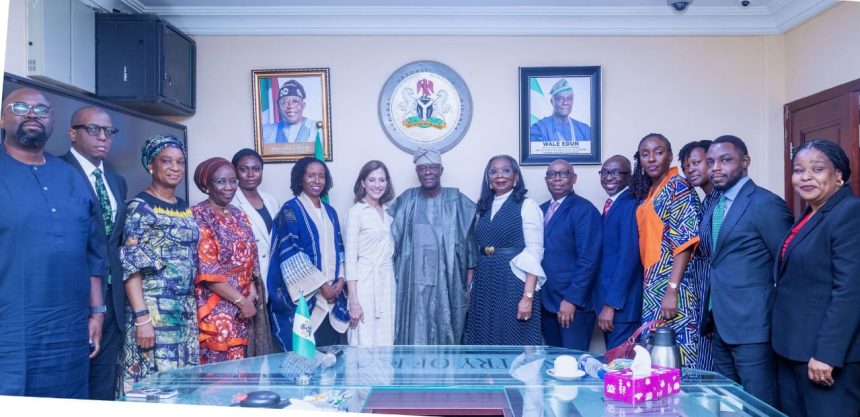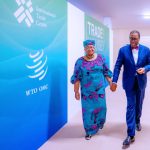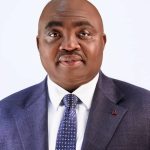$50mn Investment to Boosts Nigeria Wholesale Impact Fund
By Patience Ikpeme
The Federal Government of Nigeria has announced an investment of $50 million into the Nigeria Wholesale Impact Investment Fund (WIIF).
This move, declared via the federal ministry of finance’s X (Twitter) handle, underscores the government’s resolve to promote sustainable economic growth and accelerating the nation’s economic transformation.
This $50 million anchor investment represents the first phase of what is projected to become a $100 million capital base for the WIIF. The fund is strategically designed as a government-backed investment vehicle, channeling substantial capital into financial intermediaries such as development finance institutions, microfinance banks, and impact-focused fund managers. These entities, in turn, provide crucial funding to businesses and projects that yield measurable social and economic benefits.
The WIIF represents both a financing tool and a comprehensive development strategy. It aims to mobilize large-scale capital, efficiently channel it through well-placed partners, and ensure that the final impact reaches underserved populations and economically critical sectors throughout Nigeria.
This initiative aligns with President Bola Ahmed Tinubu’s broader vision to drive annual economic growth of seven percent, with a particular focus on unlocking financing for micro, small, and medium enterprises (MSMEs).
The announcement followed a strategic meeting in Abuja, hosted by the Minister of Finance and Coordinating Minister of the Economy, Mr. Wale Edun. The session convened key stakeholders from the public and private sectors, including representatives from the Impact Investors Foundation (IIF), the Global Steering Group (GSG) for Impact Investment, and the Presidency.
Attendees included prominent figures such as Mrs. Ibukun Awosika, Chair of the IIF and GSG; Mr. Wale Adeosun, Chief Executive Officer of Kuramo Capital; Ms. Sanyade Okoli, Special Adviser to the President on Finance and Economy; and Mrs. Lydia Shehu Jafiya, Permanent Secretary of the Federal Ministry of Finance. The discussions centered on the operational blueprint of the WIIF, focusing on driving investments into high-impact sectors of the economy, the fund’s drawdown schedule, and modalities for implementation, including structured engagement with the Development Bank of Nigeria (DBN).
Further steps under consideration include the exploration of innovative financing tools, such as government-backed guarantees, to attract private capital and bolster investor confidence. It was also agreed that the WIIF would align with the African Development Bank (AfDB)-supported Youth Entrepreneurship Bank to expand access to funding for young innovators and entrepreneurs.
Mr. Edun emphasized that this initiative demonstrates the government’s development priorities under the Renewed Hope Agenda. He affirmed the administration’s commitment to delivering inclusive growth and sustainable job creation, highlighting the power of public-private collaboration in advancing Nigeria’s economic priorities and ensuring transparency, efficiency, and measurable impact in deploying resources to benefit all Nigerians.
With the federal government contributing half of the initial $100 million fund, the WIIF is poised to unlock additional investments from domestic and international institutions, offering blended finance solutions to de-risk strategic sectors. The fund will operate as a wholesale investment vehicle, channeling long-term capital to financial intermediaries, impact-focused lenders, and fund managers committed to achieving measurable social and environmental outcomes.
By operating at scale and supporting ecosystem builders, the WIIF aims to increase capital flows to underserved markets and create employment opportunities across Nigeria.
Government officials and development partners are optimistic that the fund will stimulate enterprise growth and support Nigeria’s transition toward a more resilient, inclusive, and innovation-driven economy, ultimately benefiting all Nigerians.




